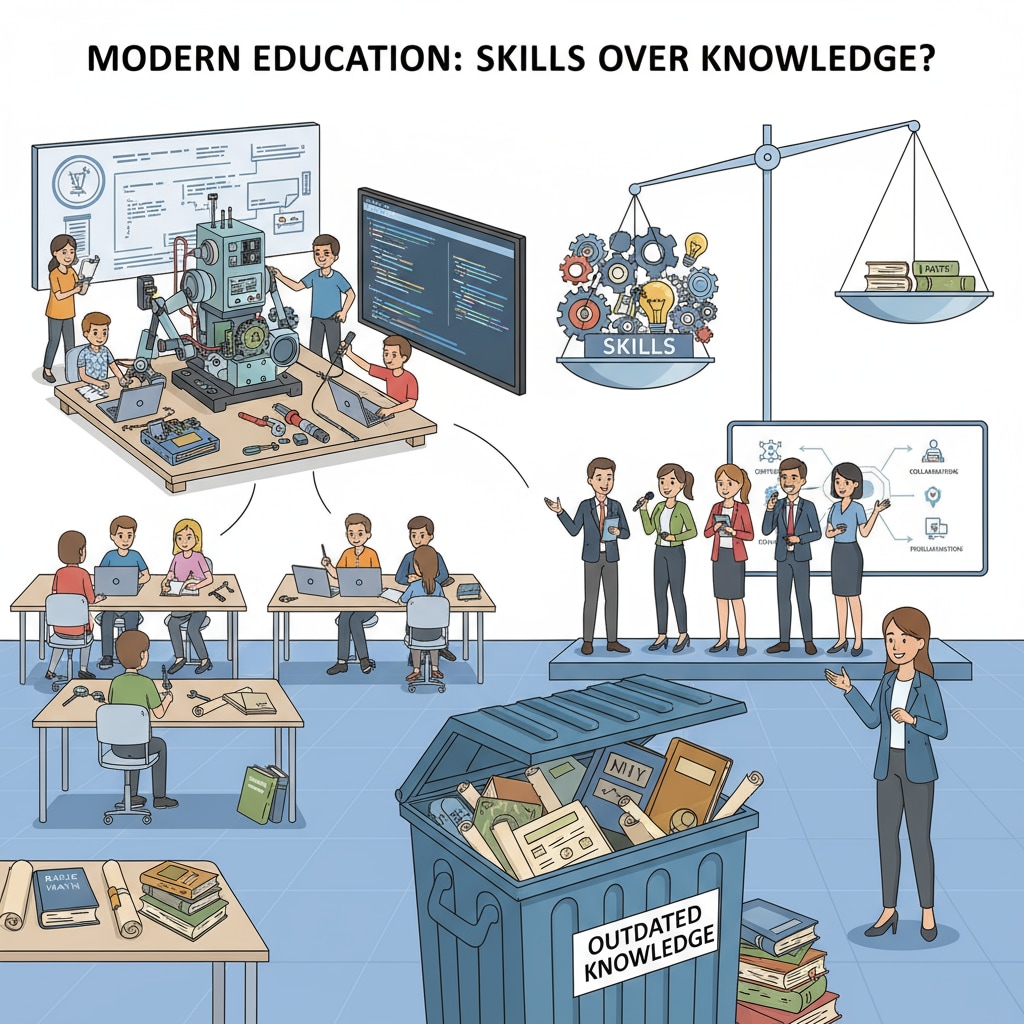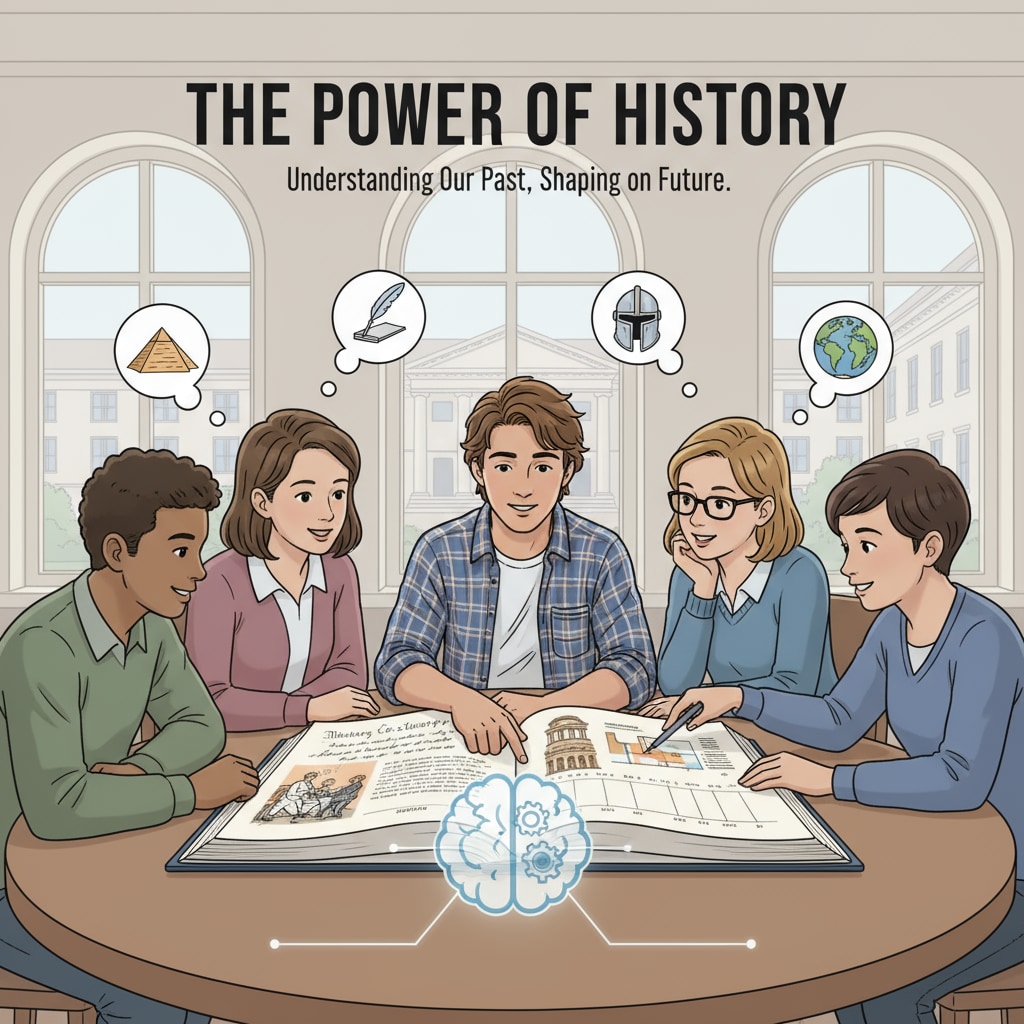In the realm of modern education, the concepts of educational standards, historical knowledge, and civic literacy are at a crossroads. Contemporary K12 education, in its pursuit of fostering innovation and cultivating thinking skills, is inadvertently sidelining the importance of fundamental knowledge. This imbalance has far-reaching implications that demand our attention.

The Imbalance in Modern Education
Today’s educational landscape is rife with a growing emphasis on skills such as critical thinking, problem-solving, and digital proficiency. While these skills are undoubtedly essential for success in the 21st century, the overemphasis has led to a neglect of fundamental knowledge. For example, many students are graduating from high school with limited understanding of historical events, geographical locations, and the principles of civic engagement. According to National Center for Education Statistics, there has been a decline in test scores related to basic subjects like history and geography in recent years. This indicates that the current educational system is failing to strike the right balance between skills and basic knowledge.
The Dangers of Neglecting Basic Knowledge
The lack of historical knowledge can have severe consequences. Without understanding the past, students may repeat the same mistakes. Historical events provide valuable lessons in human nature, social change, and the consequences of actions. Geographical knowledge is also crucial. It helps students understand the world’s diversity, resources, and the interconnectedness of different regions. In terms of civic literacy, an informed citizenry is the foundation of a democratic society. When students lack knowledge of civic rights and responsibilities, it undermines the very fabric of our democratic institutions. As stated by American Bar Association, civic literacy is vital for an engaged and responsible citizenry.

To address this imbalance, a multi-faceted approach is needed. First, educational standards should be revised to ensure a more equitable distribution of focus between skills and basic knowledge. Teachers should be trained to incorporate both aspects seamlessly into their lessons. For example, when teaching critical thinking skills, they can use historical case studies to illustrate real-world applications. Additionally, schools should provide more resources for teaching basic subjects, such as updated textbooks and educational materials. By taking these steps, we can work towards restoring the balance in education and ensuring that students receive a well-rounded education that combines both skills and fundamental knowledge.
Readability guidance: The text uses short paragraphs to convey ideas clearly. Each section focuses on a key aspect of the educational imbalance. Transition words like “while”, “for example”, and “additionally” are used to connect ideas. The passive voice is used sparingly, and the sentences are of an appropriate length to enhance readability.


